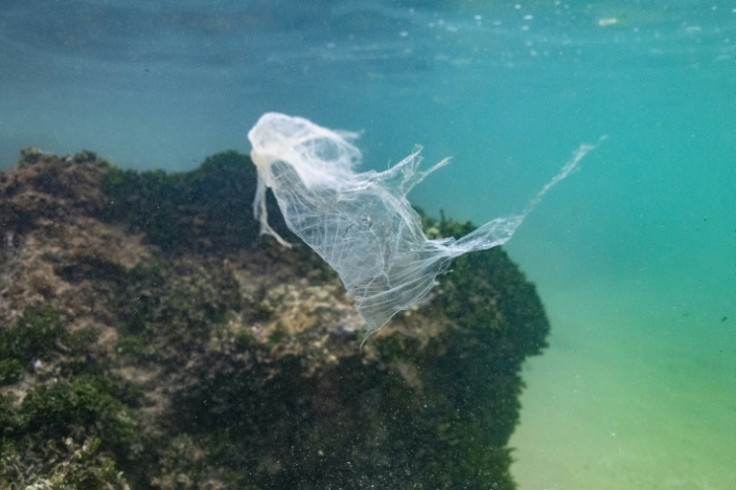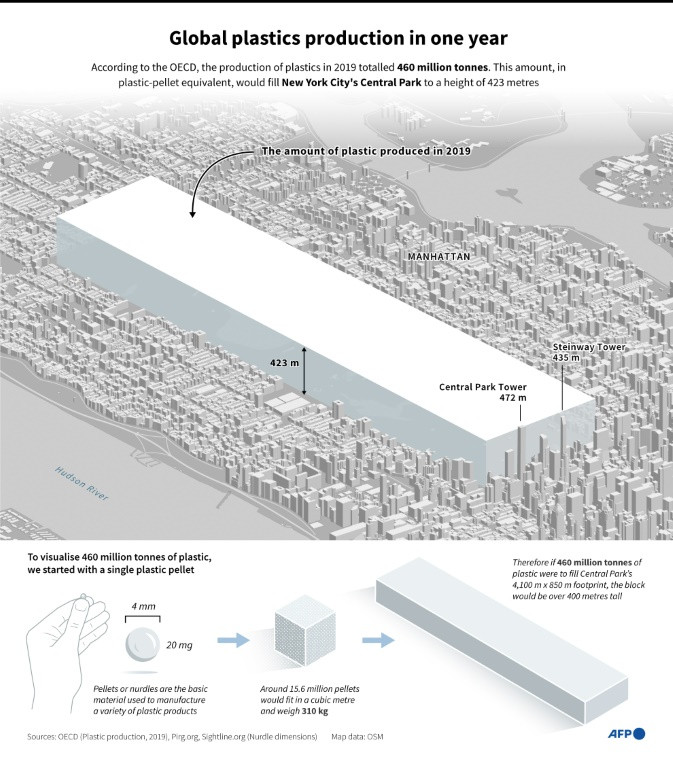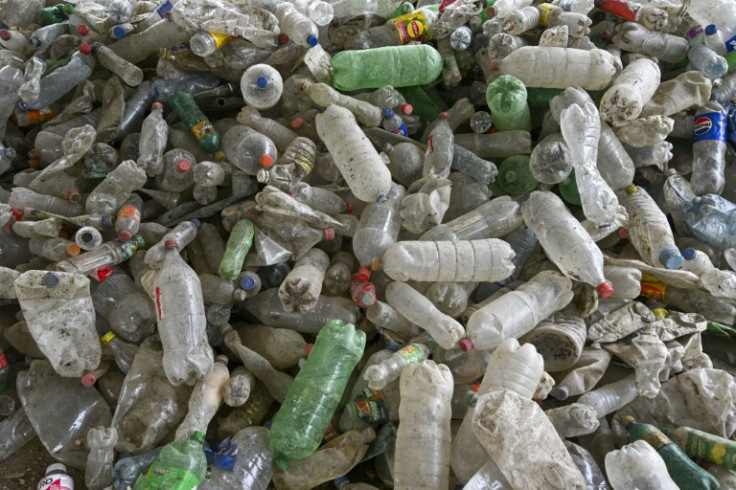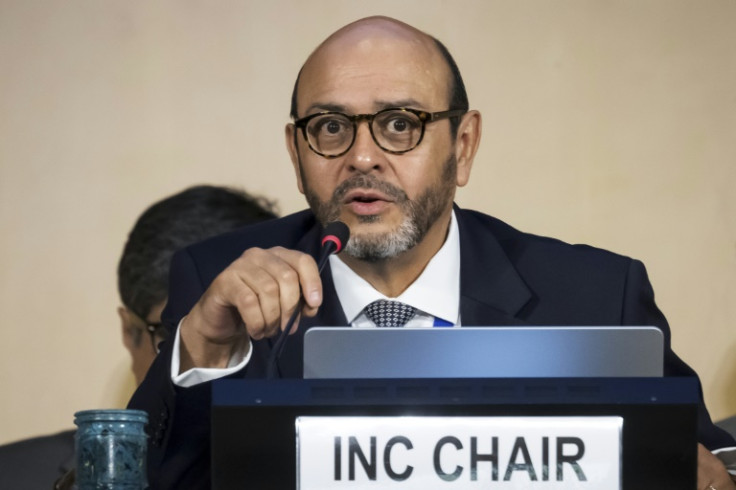Plastic pollution treaty not dead in the water: UN Environment chief
A UN environment chief insists that a landmark global treaty to tackle plastic pollution remains achievable, despite talks collapsing twice without agreement and the president suddenly resigning this week.
Countries will not withdraw, regardless of their sharp differences over combating the growing problem, including in the oceans, Inger Andersen, Executive Director of the United Nations Environment Programme, said in an exclusive interview with AFP.
A large bloc wants bold action such as reducing plastic production, while a smaller group of oil-producing countries wants to focus more specifically on waste management.
Final talks in South Korea in 2024 supposedly ended without an agreement – and resumed efforts in Geneva in August also collapsed.
Countries expressed anger and despair as the talks collapsed, but said they nonetheless wanted future negotiations.
“We left more clearly. No one left the table,” Andersen said.
“No one walked away and said, ‘This is too hopeless, we give up.’” no one. And all of that, I draw courage from.”
The problem of plastic pollution is so ubiquitous that microplastic particles have been found on the highest mountain peaks, in the deepest ocean trenches, and spread throughout almost every part of the human body.
More than 400 million tons of plastic are produced globally each year, half of which is dedicated to single-use items.
While 15% of plastic waste is collected for recycling, only 9% is actually recycled.
Nearly half, or 46 percent, ends up in landfills, while 17 percent is incinerated and 22 percent is mismanaged and becomes litter.
Annual production of fossil fuel-based plastics is set to triple by 2060.
Under the current circumstances, there is no specific timetable for holding further talks, and no country has made formal offers to host them.
But Andersen “certainly” believes a deal is within reach.
“This is completely doable. We just need to keep at it,” she said.
The United Nations Environment Program is sponsoring the talks process, which begins in 2022.
“The mood music is: ‘We are still in the negotiations,’” Andersen said, summing up where the countries are at. We will not withdraw. We have our own red lines, but we have a better understanding of others’ red lines. “And we still want that.”
Andersen said that Norway and Kenya held a well-attended meeting at the United Nations General Assembly in New York last month.
The COP30 climate summit in Brazil in November will provide another opportunity to calm emotions, before the United Nations Environment Assembly convenes in Nairobi in December.
Luis Villas Valdivieso, Ecuador’s ambassador to Britain who chaired the last three of the six rounds of negotiations, announced that he would step down from his position, leaving the process rudderless.
The draft text of the Geneva Convention put forward by Faillas was immediately brutally shredded by states, and although the revised effort gained some attention, time ran out.
The British newspaper The Guardian reported that Andersen’s team at the United Nations Environment Program held a secret meeting last night in Geneva, with the aim of convincing members of civil society organizations to pressure Faiyas to resign.
“This is a very serious allegation,” Andersen said.
“I didn’t know and obviously I didn’t ask anyone to do something like that.”
She said the allegation had been referred to the United Nations Office of Internal Oversight Services.
“I’ve been in this business for 40 years, and I have never done anything like this, and I would never ask one of my employees, or anyone else for that matter, to go and hold secret meetings and quote my name and ask for the position of president elected by member states to be abolished. It’s outrageous.”
Regarding whether the new chair could provide new momentum, she said: “As always, when there is change, there is a degree of different mood.”

Countries have been unable to find common ground on tackling the scourge of plastic pollution

Global production of plastic in one year

Six rounds of talks have failed to reach an agreement on tackling plastic pollution

Luis Villas Valdivieso has announced that he will step down from his position as chair of the Plastic Pollution Treaty talks
(marks for translation) Pollution














Post Comment